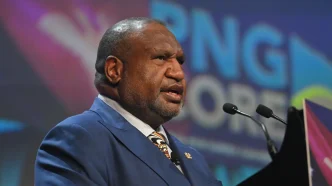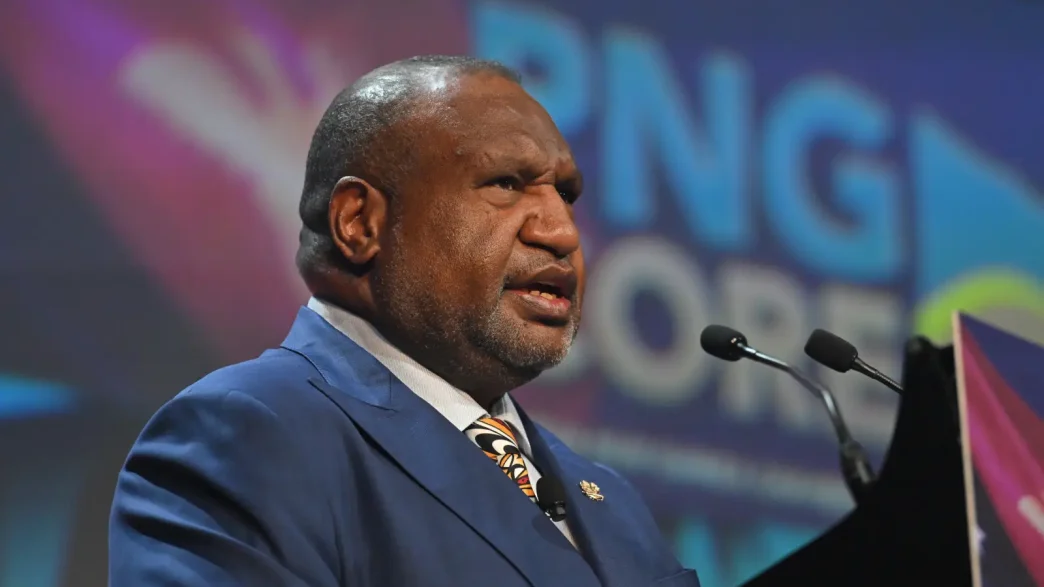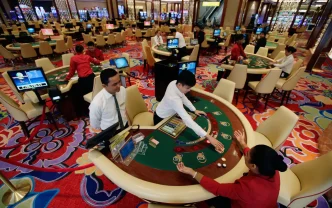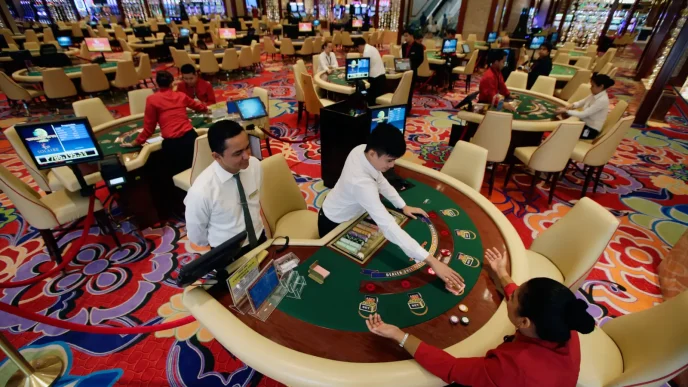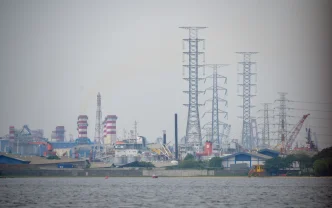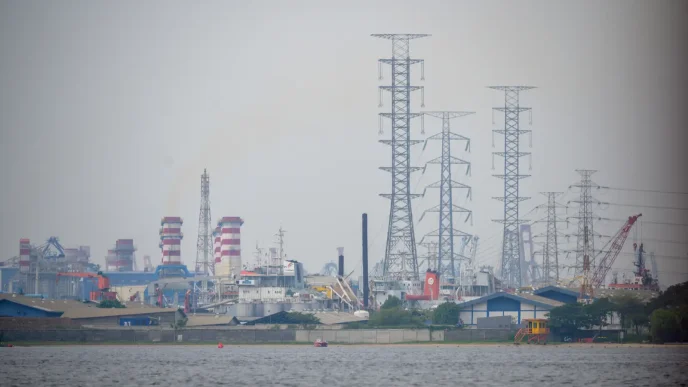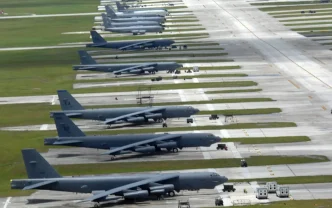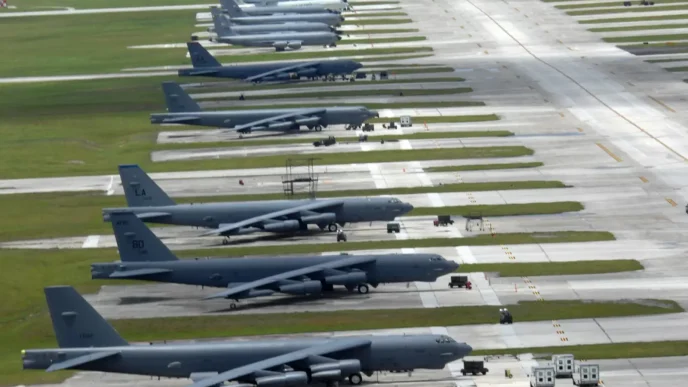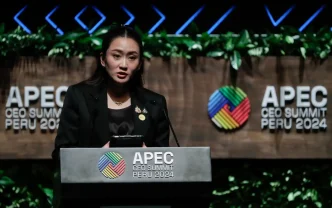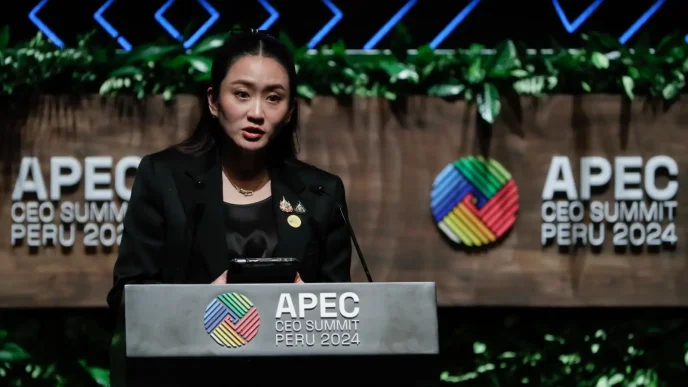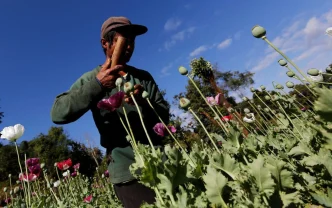Papua New Guinea Prime Minister James Marape delivered the keynote address during PNG investment week at the ICC Sydney convention centre in Sydney, Australia on Monday. (EPA Images pic)
SYDNEY: Papua New Guinea’s prime minister pledged on Tuesday to crack down on lawlessness in the country’s troubled highlands, saying police would be empowered to fight “fire with fire”.
Rival clans clashed over land near the country’s vast Porgera gold mine this year, killing at least 32 people and sparking a state of emergency.
Prime Minister James Marape said he would use new domestic counter-terror laws, passed last month, to quell frequent bursts of tribal violence.
“We have this anti-terrorism act that will give power to police to flush out those who engage in tribal conflicts,” Marape told AFP in an interview.
“That empowers police to go into these hotspots and deal ‘fire with fire’ so to speak. That’s our immediate response.”
The counter-terror laws, passed with overwhelming bipartisan support, hand the government sweeping new powers to deploy armed police and call on the military.
Marape said he was also planning to bolster the South Pacific country’s police force from 6,000 sworn members to more than 10,000 within the next five years.
The government has in the past tried suppression, mediation, gun amnesties and a range of other strategies to stem the violence, with little success.
The Porgera gold mine once accounted for around 10% of Papua New Guinea’s yearly export earnings.
However, flare-ups of tribal violence have frequently slowed production.
Highland clans have fought each other in Papua New Guinea for centuries but an influx of mercenaries and automatic weapons has inflamed the cycle of violence.
Years of tit-for-tat fighting in another part of Papua New Guinea’s central Enga province escalated this year, with as many as 64 tribesmen killed during a single grisly ambush in February.
Eager to grow its influence in Papua New Guinea, China has offered to furnish its stretched police force with training and new equipment.
Policing has become a cornerstone of Beijing’s efforts to win Pacific friends, plying nations such as Solomon Islands and Kiribati with assistance.
Marape said Papua New Guinea would continue to seek out trade deals with China but on security was eager to stick with traditional partners such as Australia and the US.
“China has a place in the Pacific. They are the big trading partner. We are not in the business of shutting China out from the region,” he said.
“But we maintain strategic security arrangements with those who we share clear world views with.
“All these are part of the reasons why, traditionally for police and security, we stick with the West.”
Australia hammered out a security deal with Papua New Guinea in December last year, including a promise of more police training.
Papua New Guinea had granted the US “unimpeded” access to key naval bases, ports and airfields earlier that year, sparking criticism that it had yielded too much influence to a foreign power.
